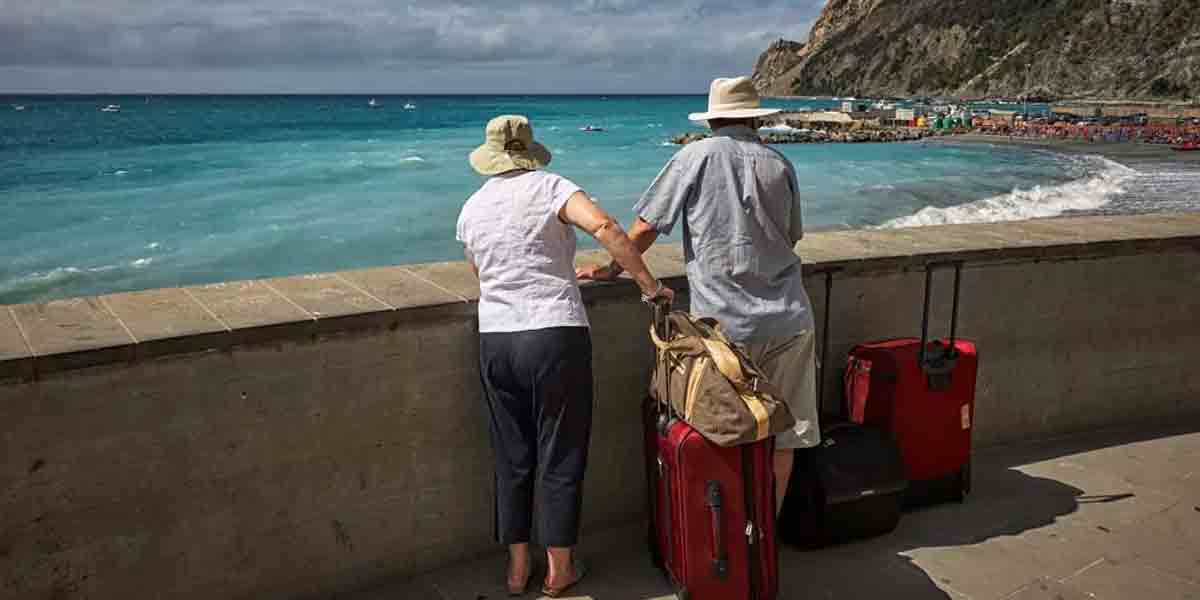
By Rjay Zuriaga Castor
Department of Budget and Management (DBM) Secretary Amenah Pangandaman called on the 2025 graduating class of West Visayas State University (WVSU) to use their education not only as a personal achievement but as a means to serve others and be part of nation-building.
Speaking before the 1,516 graduates during the university’s commencement exercises on Friday, June 13, Pangandaman encouraged the graduates to craft their own narratives, pursue excellence with honor, and be catalysts for change.
“You are not just graduates. You are the future architects of our nation’s progress,” she said.
“Be the voice for the unheard, a light in dark places, and a source of hope. Kayo po ang ating Bagong Pilipinas (You are the New Philippines).”
“Bagong Pilipinas” is the Marcos administration’s national governance framework aimed at comprehensive economic, social, and political transformation anchored on unity, inclusivity, and meaningful development.
Of the 1,516 graduates this year, 1,130 earned Latin honors: 57 as summa cum laude, 677 as magna cum laude, and 396 as cum laude.
This, according to the DBM chief, is a testament to the university’s 120-year legacy of academic excellence.
“Here at WVSU, you did not just gain knowledge. You were shaped by discipline, compassion, and resilience. These are not just traits that help you succeed. They are the foundation for making a meaningful impact,” she said.
Stories of grit and grace
WVSU holds its mantra of “excellence is a tradition,” but Pangandaman believes that excellence isn’t just a tradition but something inherent in each graduate, shaped by experiences, challenges, and dreams — worthy of recognition and inspiration.
This excellence, according to Pangandaman, is reflected in the inspiring journeys of three graduates from WVSU’s College of Education.
One such story is that of Rodelyn Cusay, who was raised by a single father working as a laborer in a fishing port.
Despite the emotional challenges brought by her parents’ separation, she persevered and earned a degree in education.
When the COVID-19 pandemic struck, Cusay struggled with the lack of resources, relying only on a cracked Android phone.
Still, she pushed forward.
To support herself, she took a job in the BPO industry while studying.
As a result, she received incomplete grades and failed some subjects, which delayed her graduation.
Yet by the following year, she completed her degree and even received a research award.
“[Her story is] proof that even in failure, something beautiful can still grow […] We admire you because you remind us that success can sometimes be late, but when it comes, it’s full of heart,” Pangandaman said.
Another story is that of Shaira Phearl Salafraña, a Special Needs Education major who worked multiple jobs to support herself and her family during the pandemic.
She was fondly called by her colleagues “ang babaeng walang pahinga.”
During the pandemic, her father had no stable income, and her mother was working abroad as a domestic helper.
Despite this, financial stability was still a struggle for her family, and Shaira knew she had to step up.
She gave it her all, but the toll was heavy — she failed some subjects, became an irregular student, and missed the Latin honors list.
“To all the working students, all the babaeng walang pahinga, at lalaking walang tulog, know this, we see you. Rest if you must. Cry if you need to. But never lose sight of your dreams. Because someday, all the pain will make sense,” Pangandaman said.
Vincent Dave Baña, a resident of Antique and a member of the Aeta indigenous community, overcame financial hardship with the help of mentors and scholarships.
He graduated magna cum laude with a degree in science education.
“Vincent’s story is more than academic excellence. It’s about resilience. It’s about representation. Vincent’s story honors [his] roots, [his] people, and every student who dares to dream beyond their circumstances,” the DBM chief said.
Stories of their own
Pangandaman encouraged the graduates to draw inspiration from their own stories, emphasizing that both education and lived experiences are invaluable assets that no one can take.
“Ang sabi po nila, edukasyon ang kayamanan na hindi kayang nakawin ng sino man. Ang masasabi ko po, kulang po ito. Edukasyon at karanasan, ‘yan ang mga bagay na maituturing niyong yaman na hindi kailanman mananakaw ng sino man,” she said.
She urged the graduates to create their own unique paths and to pursue excellence not merely for recognition, but because it is an intrinsic part of who they are.
She added that while all graduates may have received the same education, each one carries a different, unique, and beautiful story.
“It’s time to flip the script. As you take this bold step forward, my hope is that you continue to do your best, not just for the applause, but because excellence is who you are,” she said.
Pangandaman also underscored the importance of coupling excellence with honor and grounding it in a deeper sense of purpose — service to others.






















